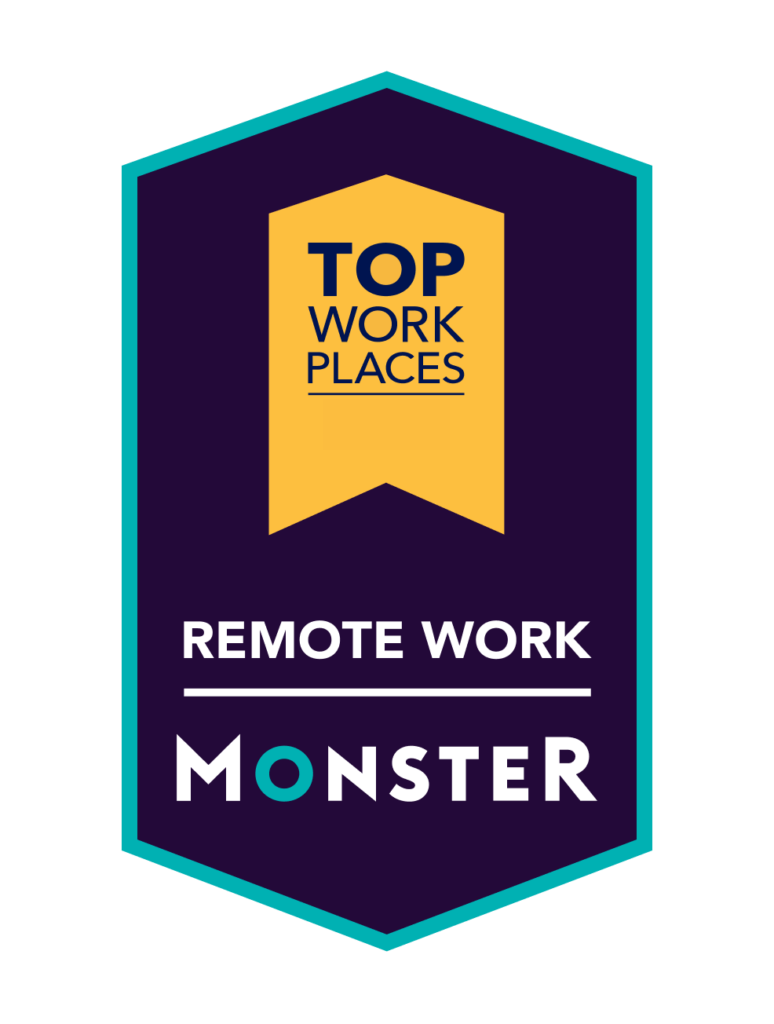Our Access TeleCare blog focused on practical advice and insight about acute telemedicine in 2020. Topics such as teleNeurology, COVID-19, teleICU, and The Future of Healthcare proved most popular. Let’s take a look back…
Key Insights and Developments in Acute Telemedicine in 2020
Dr. Mohamed Abdel Rahim, Manager of Clinical Training and Education at Access TeleCare, details the components of translating clinical skills to remote work and a quality telemedicine training program.
Dr. Elaine Jones, teleNeurologist with Access TeleCare, dives into her story of practicing neurology in America from launching an independent practice to joining SOC’s teleNeurology program.
Dr. Jason Hallock, Chief Medical Officer at Access TeleCare, shares how telemedicine helps protect clinicians as COVID-19 cases continue to escalate in the U.S. Both providers and patients are at risk during all encounters throughout the hospital ecosystem. How can telemedicine help?
The recent explosion of telehealth companies, combined with a dramatic expansion in hospital and health system programs across the country, means choosing the right partner is more difficult than ever. To help, we developed a resource on how to choose a teleNeurology partner to ensure you address the most important criteria.
The COVID-19 crisis has made it clear: many hospitals’ business model is no longer viable as presently constructed, in the absence of elective procedures. Find out how fractionalized clinical work can help from Access TeleCare’s Dr. Jason Hallock.
Access TeleCare’s Chief Medical Officer Dr. Jason Hallock outlines the three barriers to scaling telemedicine during COVID-19. Learn how we’ve overcome challenges such as supply chain, training, backlogs, and more.
Alyssa Menzenwerth, RN, BSN, Director, Operations Support at Access TeleCare, explains the day-to-day operations of the teleICU program and outlines how it supports ICU nurses by providing collaboration, decreasing fatigue and burnout, and more.
Direct-to-consumer telemedicine gained popularity during the pandemic, but acute telemedicine provides unique advantages that will make it a routine part of acute care in the future. Learn more about the role of telemedicine during a pandemic and where acute telemedicine comes into play.
Dr. Carlos Collin, telePsychiatrist with Access TeleCare, provides insight into the pandemic’s impact on mental health, noting that how we handle the pandemic itself will be a contributory factor in the mental health of the nation afterward and into the future.
Dr. Eric Anderson, MD, PhD, teleNeurologist and Chair of Neurology, discusses four reasons why pre-existing trends in teleNeurology will continue to expand in a post-COVID world.
What if we invested the same amount of time, energy, and money in building out our virtual care delivery as we have in building out our hospitals, our outpatient centers, and our offices? Find out how Access TeleCare’s Chief Medical Officer Dr. Jason Hallock debunks the myth that all healthcare is local.
Recent news and clinical reports raise the alarming incidence of strokes in COVID-19 patients younger than 50. Dr. Eric Anderson, MD, PhD, teleNeurologist and Chair of Neurology, shares his thoughts on the link between COVID-19 and strokes.
Mark S. Kestner, MD, MBA, Chief Medical Officer at TractManager, analyzes the top three trends from Definitive Healthcare’s 2019 survey of 1,000 healthcare leaders and how COVID-19 impacts them.
Dr. Jason Hallock, Chief Medical Officer at Access TeleCare, took part in a radio and satellite media tour in 2020 to raise awareness and explain telemedicine’s importance during the pandemic. Review his key takeaways from the tour.
The Coronavirus Preparedness Act and Response Supplemental Appropriations Act (H.R. 6074) provides Department of Health & Human Services (HHS) the authority to waive specific Medicare telehealth restrictions temporarily in order to broaden access to Medicare telehealth services.
Dr. Jason Hallock, Chief Medical Officer at Access TeleCare, shares how to maintain your business continuity and keep the machine running in the face of the surge. Telemedicine implementation can help in four important areas: ED triage, managing surges in your main ED, productive quarantine, and beyond the emergency room.
At CaroMont Regional Medical Center (CRMC), the psychiatric resources of the emergency department were stretched thin in 2016. Char Biamonte, Director of Psychiatry at CaroMont Health, explained to Telemed IQ Summit attendees how telePsychiatry decreases ED overcrowding.
Kathryn Buck, emergency services clinical nurse specialist, explained to Telemed IQ Summit attendees how CarolinaEast Medical Center used teleNeurology to build a comprehensive stroke care program. She started with why: “CarolinaEast is the stroke belt buckle, at the center of the stroke belt.”
To learn more about Access TeleCare, be sure to subscribe to our blog below for more acute telemedicine insight in 2021.

























